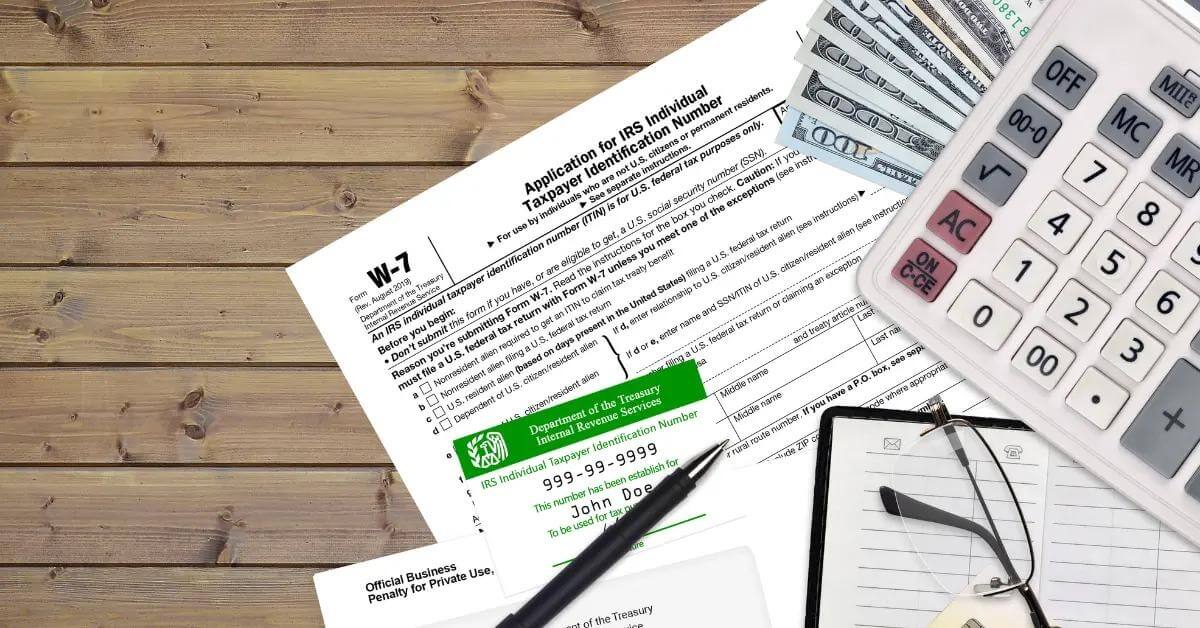One of the common types of inheritance generated across the nation is tax-advantaged accounts that parents pass on to their children or loved ones at the end of their lives. If you have recently become the beneficiary to one or more of these accounts, then it is time to consider what you must do when absorbing these accounts.
1. How Did You Inherit the Tax-Advantaged Accounts?
Depending on if you are a spouse or family relative to the originator of the IRA account determines how you must proceed with inheriting the account. For example, spouses who gain access to these accounts through inheritance experience fewer restrictions and red tape to properly absorb ownership of the account.
Spousal Inheritance
In most cases, the spouse has the ability to take ownership of the account. In this scenario, assume ownership and allow the account to continue as normal. As the spouse, you could also take this IRA account and join it with another in your name, combining the two. When this account rolls over, it can be reset and new beneficiaries can be named on the account.
Family Member Inheritance
As someone other than the spouse who is taking over ownership of the traditional or ROTH IRA account, there will be certain steps that need to be taken regarding the IRS and their specific rules. These family members only have two approved options for taking over the account. They are allowed to stretch the account or liquidate it in a specific time period.
2. Paperwork & Beneficiary Forms
Learning that you are a beneficiary and now the new owner of an IRA can be overwhelming. In the midst of taking over the account ownership, there are several beneficiary forms that need to be completed. In order to maintain IRS compliance, you need to check and double-check that the beneficiary forms have been completed and then recorded.
If the documents have not been recorded as the new owner of the IRA, you may be forced to comply with the 5-year liquidation without the option to stretch the IRA. Also, the determination of the correct owner could be questioned and cause unnecessary legal complications for the overall estate. Keep copies of the forms you complete as the beneficiary and communicate with the account manager to ensure that you have completed all of the necessary documentation.
3. Stretching the IRA
One of your options as a family member is to continue stretching the IRA, allowing the funds to stay in the account and continue to accrue. While you are not able to access these funds right away due to this option, there is a silver lining in terms of taxes for this account. While this IRA is being stretched, these funds are not taxed during their growth period for as long as the account is being stretched. You have the ability to continue accruing on the account to match your financial goals. Presently, there is not a cap for the years you can stretch the account.
4. 5 Year Liquidation
The other option that you have as a family member inheriting this IRA is to liquidate the account. According to the IRS, you have a maximum of 5 years to remove these funds from the account. The immediate drawback to liquidating is the tax bill that will spike when you remove these funds each time if the account is a traditional IRA. If it is a ROTH account, however, taxes have been prepaid to funds being distributed into the account. It is essential that you know what type of IRA you are inheriting before you make the choice to liquidate the account.
5. No Time to Waste
Depending on the age of the original account owner, as the newly inherited owner, you may be forced to make a decision quickly regarding the account and have to act fast. All original owners prior to the age of 70.5 years old, distributions for this account may be required the year they meet that age. This is especially true if you transferred the account into another IRA that is originally in your own name. If the original owner met the 70.5 years of age or older, then you will be required to make current distributions on the transferred funds by the end of the year.
6. Embrace Tax Breaks & Distribution Obligations
Because you are listed as the inheritor, either a spouse or another family member, you are entitled to the tax breaks that come with inheriting an IRA. The estate taxes that have already been paid will be credited to your balance for taxes. Even if the original owner paid the taxes previously in the year, you can still benefit from them being paid earlier in the year.

On the opposite side of that break is the tax obligation should the estate taxes not been covered for the current tax year. As the new owner of the account, you may find yourself having to make a contribution regarding the IRA. These distributions may not be taken out if the original owner was sick for a long time and passed away towards the end of the year.
Inheriting Your Tax-Advantaged Accounts
Once you inherit an IRA or other tax-advantaged accounts, it is critical to take the appropriate steps for ownership transfer. Because these accounts are assessed by the IRS, understand exactly what your options are in terms of moving forward with the account and filing the appropriate documentation as soon as possible.
Keep a steady head when it comes to maintaining these accounts and speak with a financial representative who may be familiar with the account to ensure you are given all the information you need and complete all tasks within a timely manner. Navigating through the different options can make a great inheritance a burden later because of the tedious process. If you do not already have an adviser, locate one with your interest in mind and allow you to maximize the potential on the inherited tax-advantaged accounts that you now own.
For more information about taxes and regulations, speak with one of our tax professionals today at Silver Tax Group.








